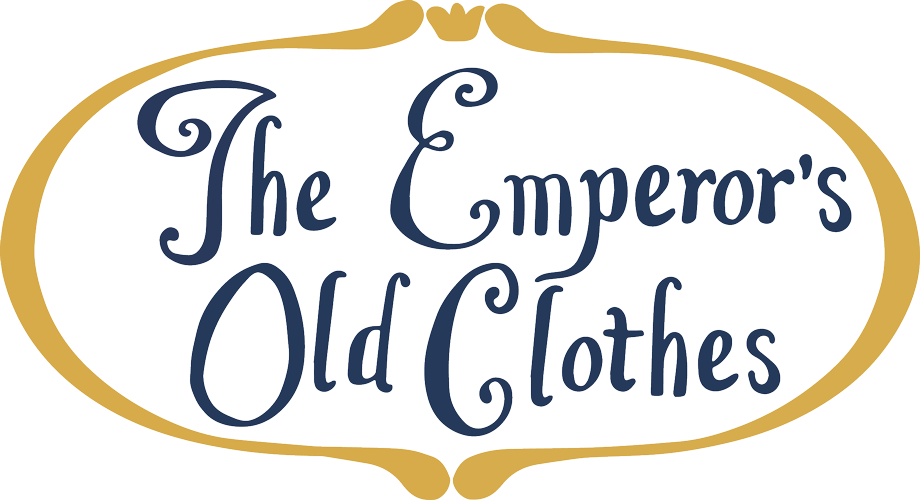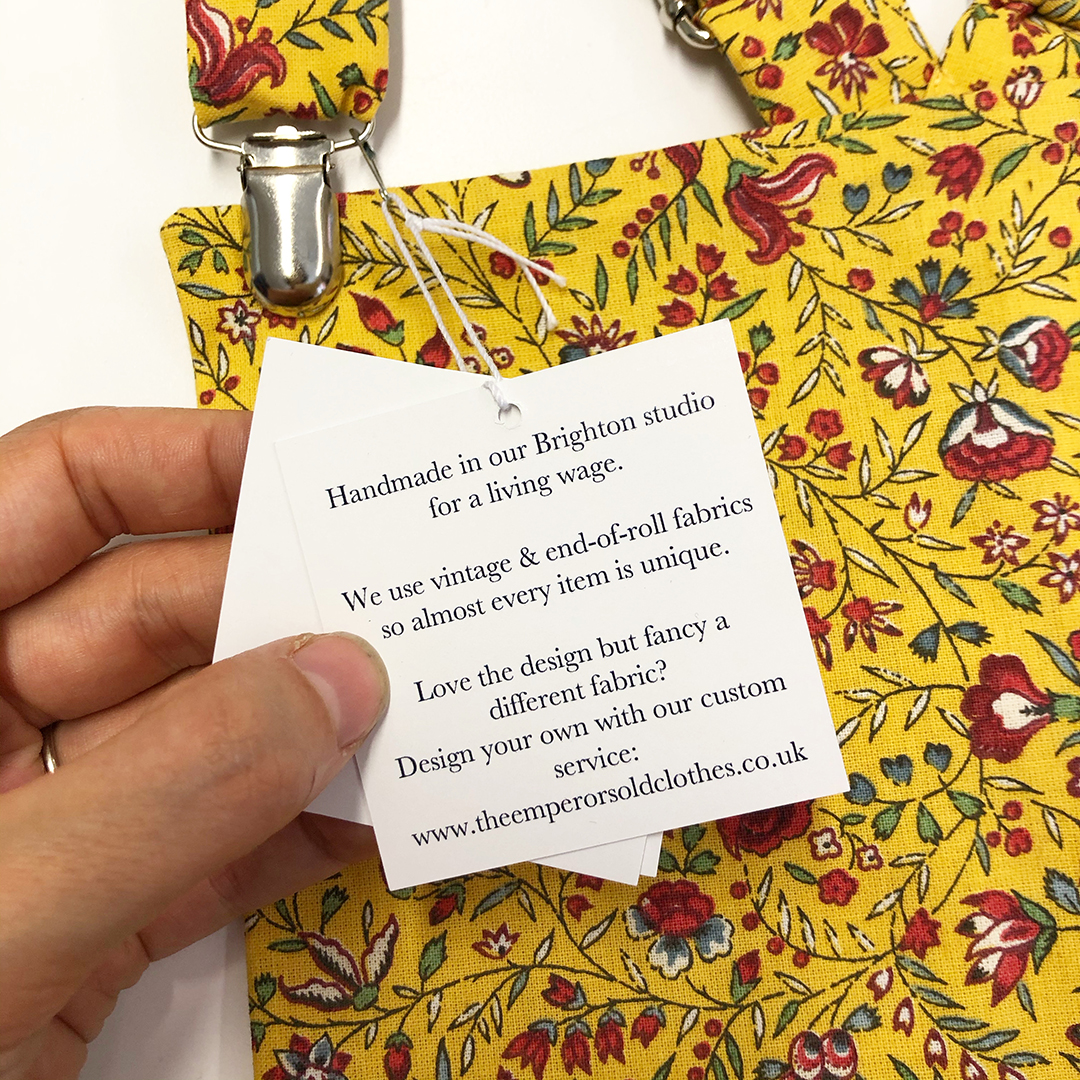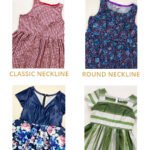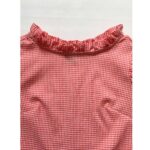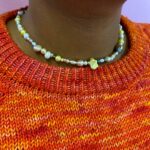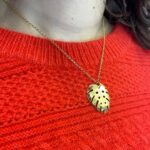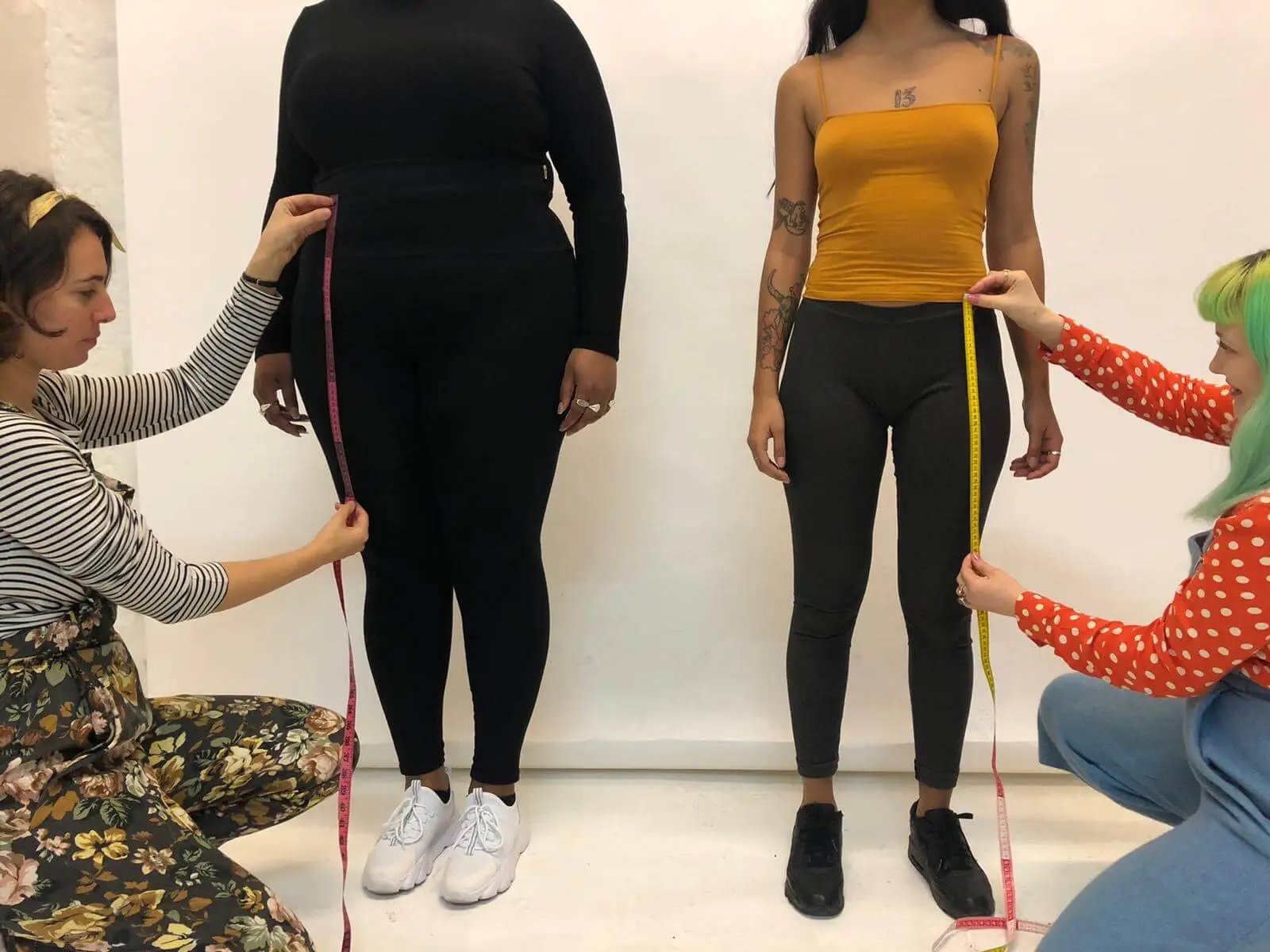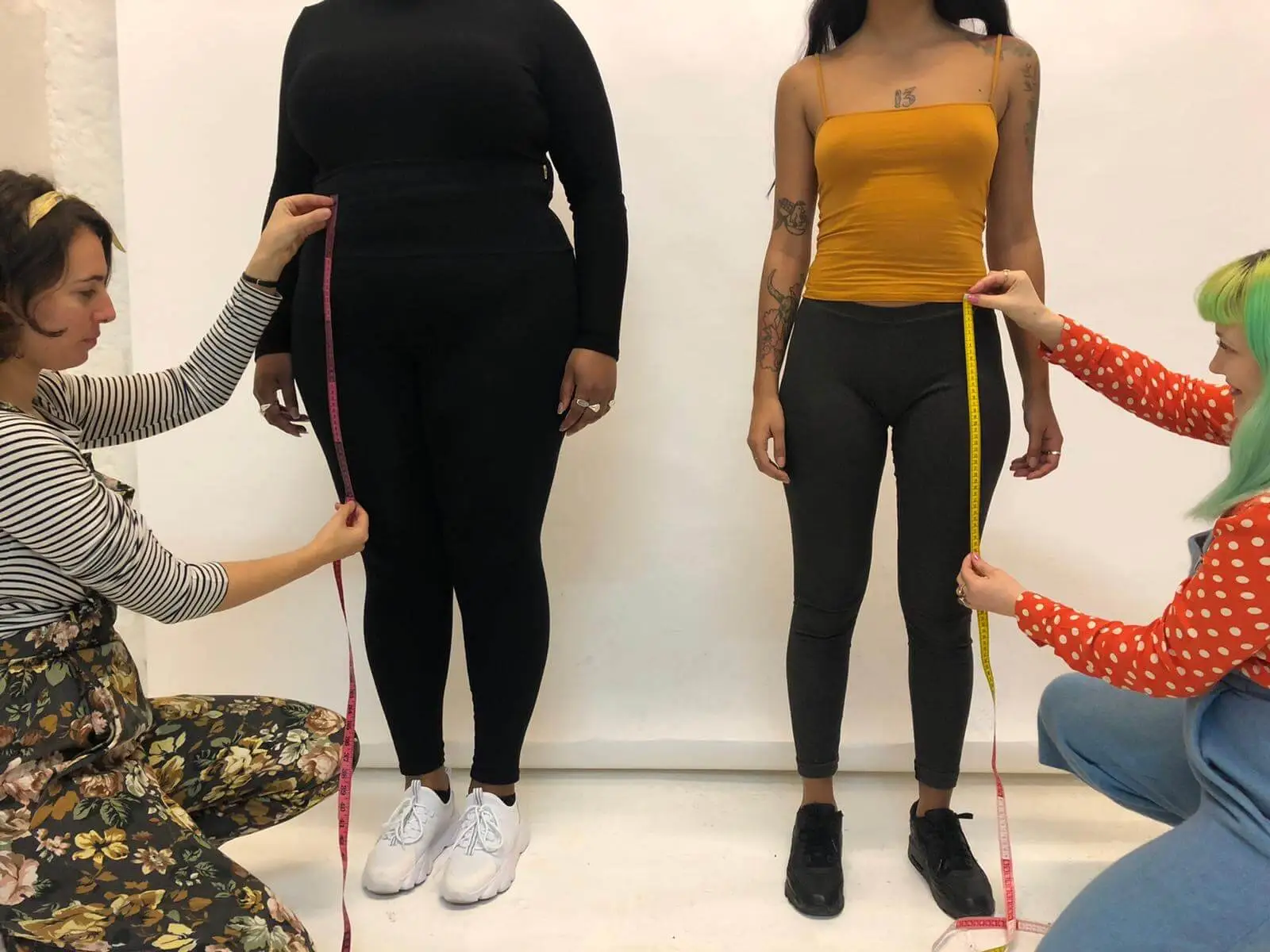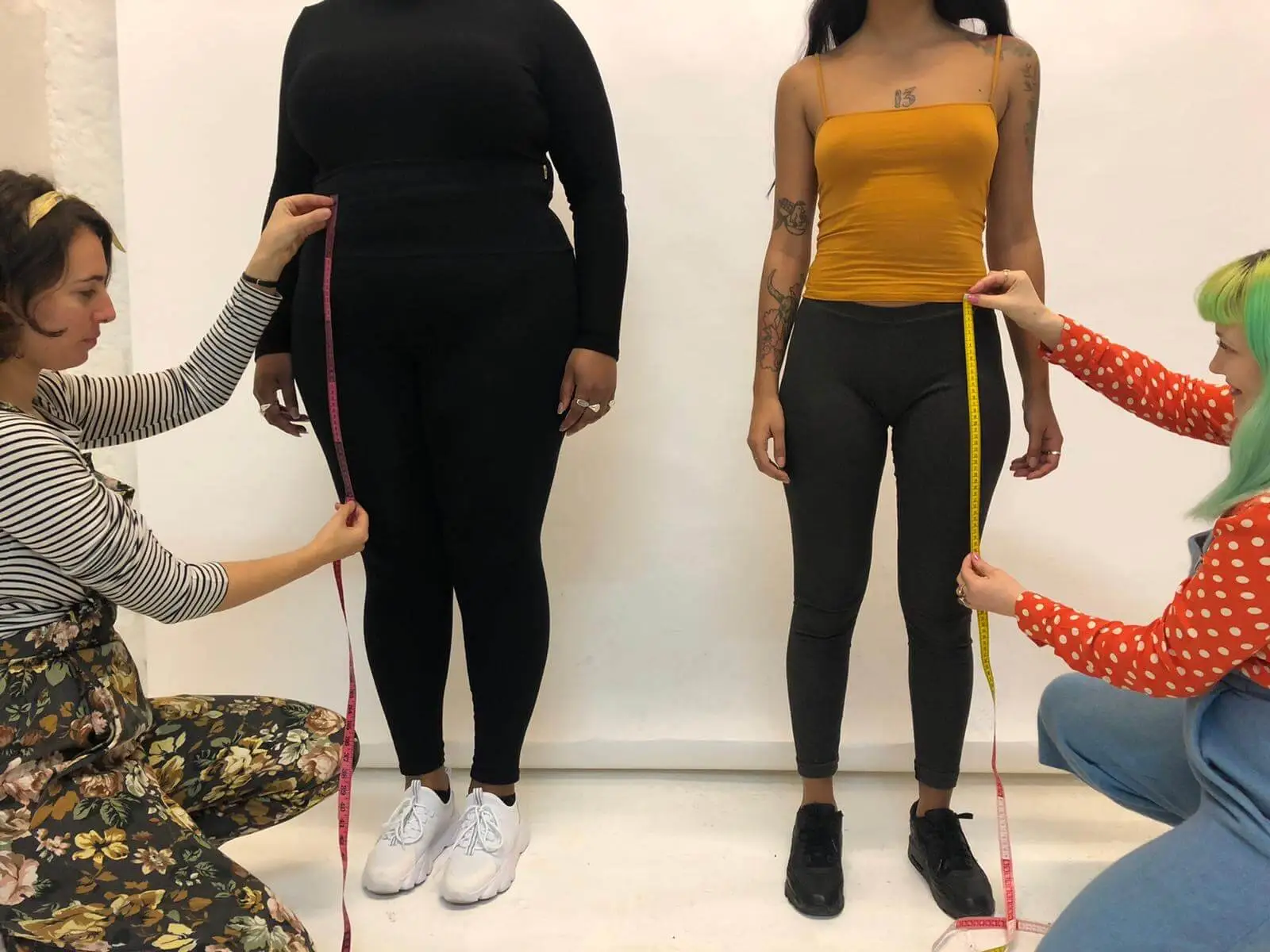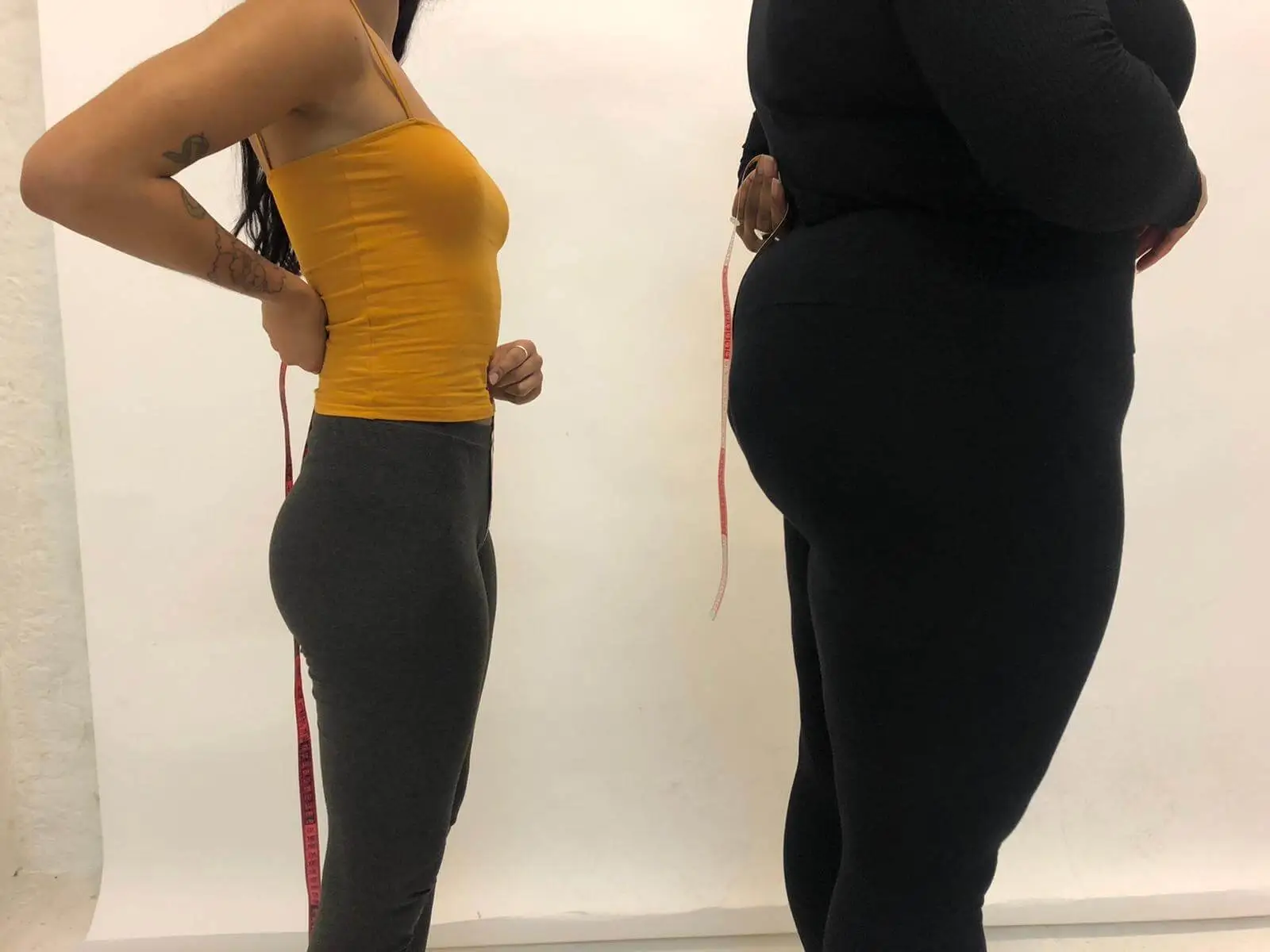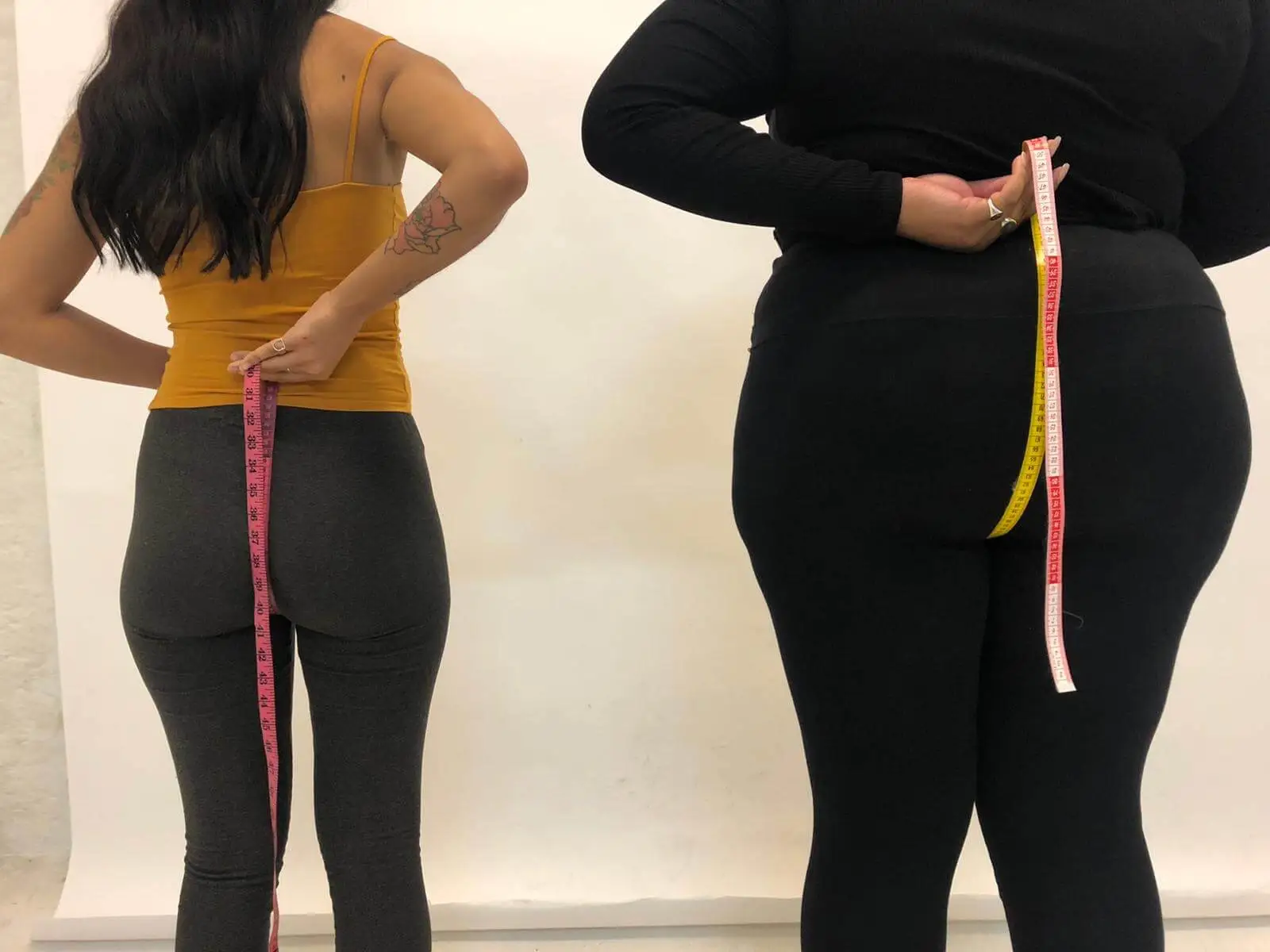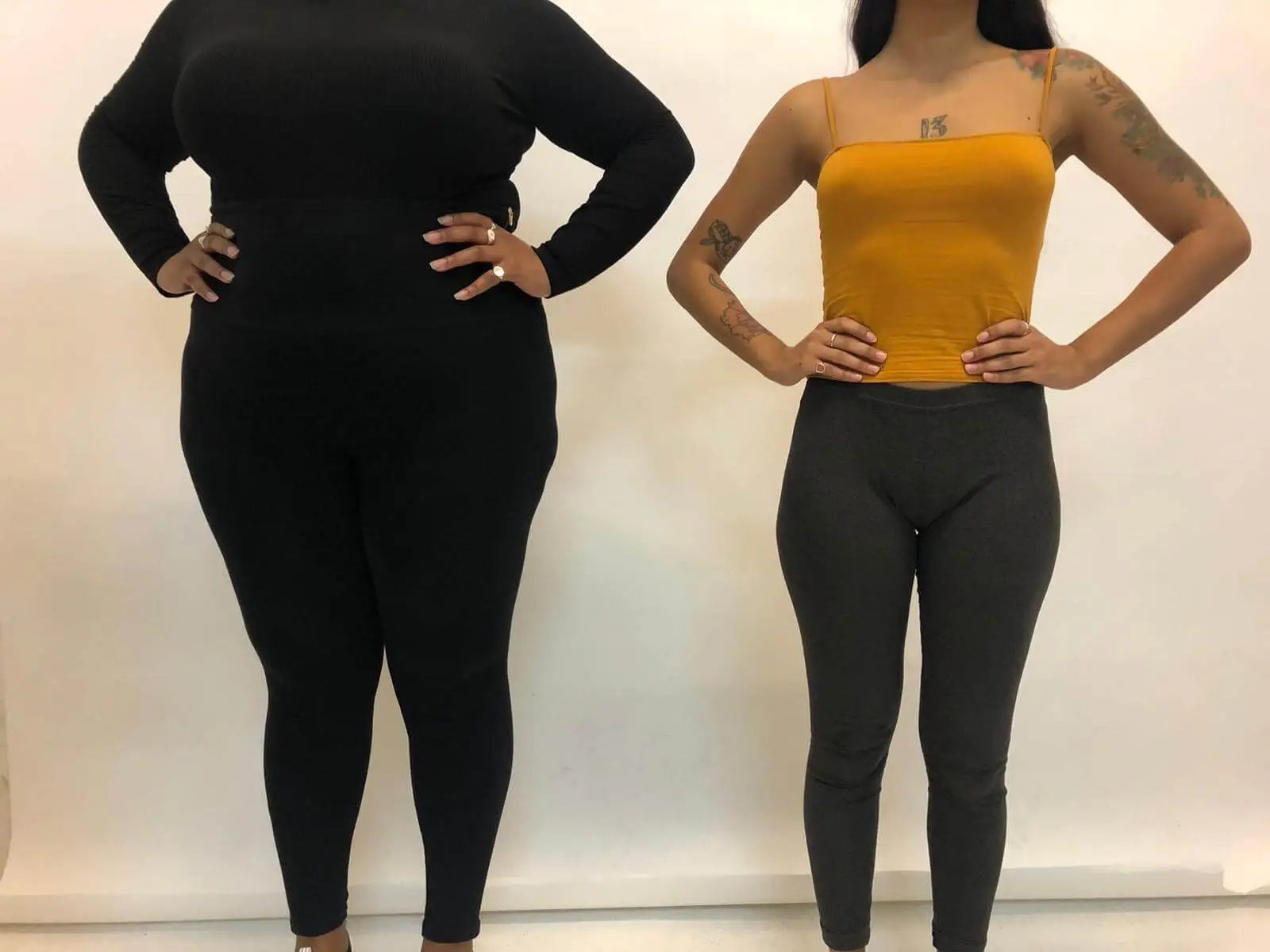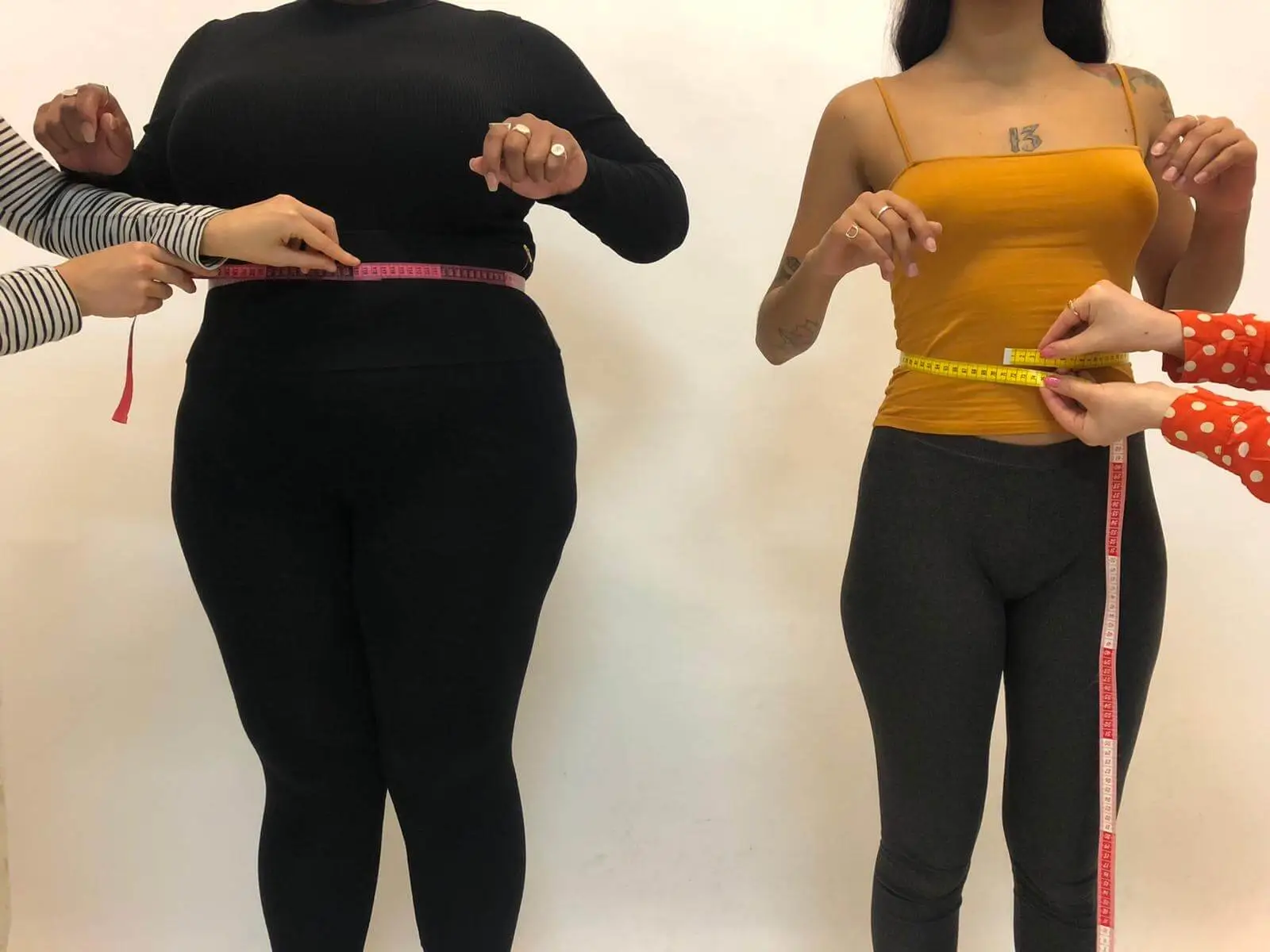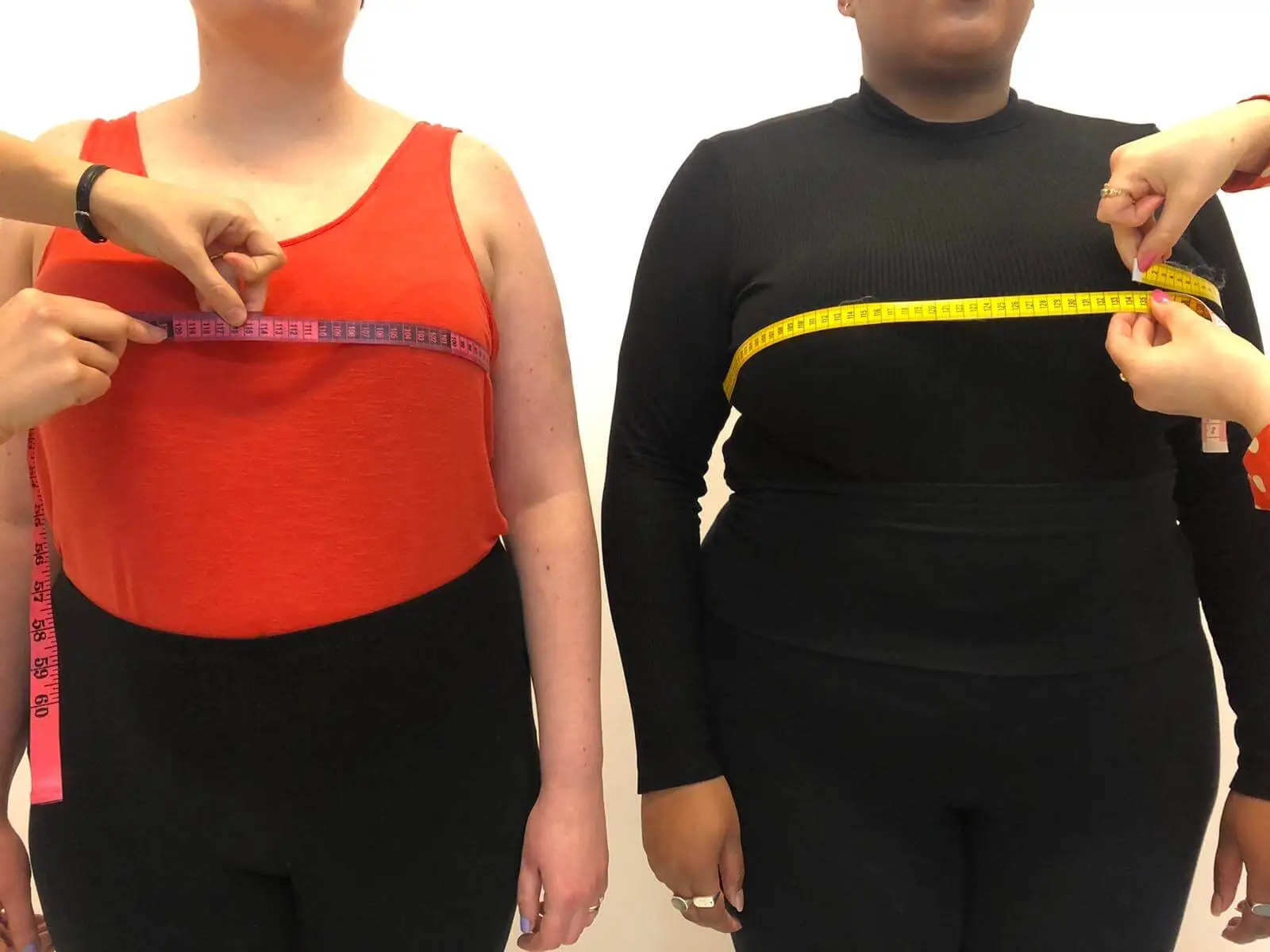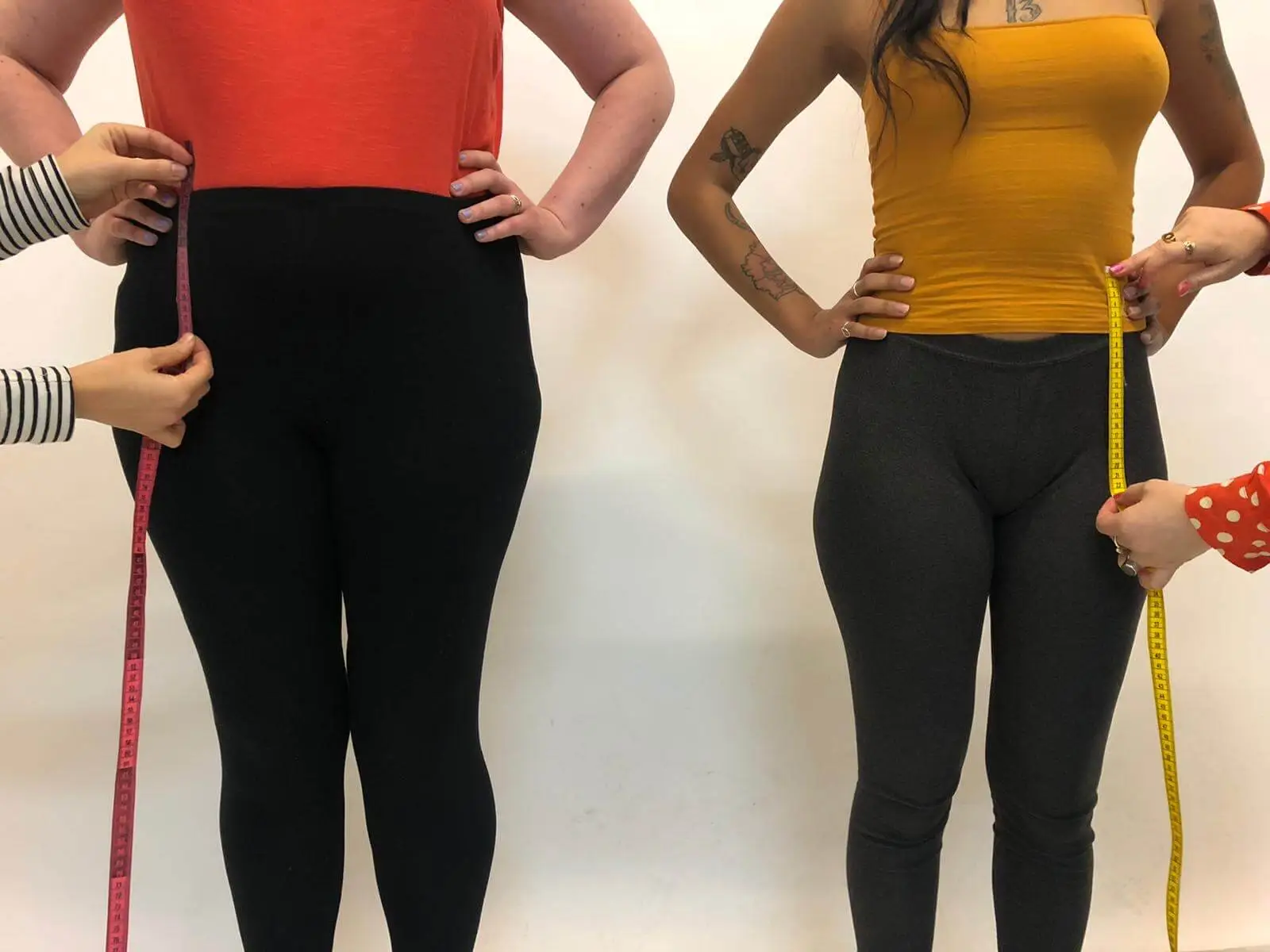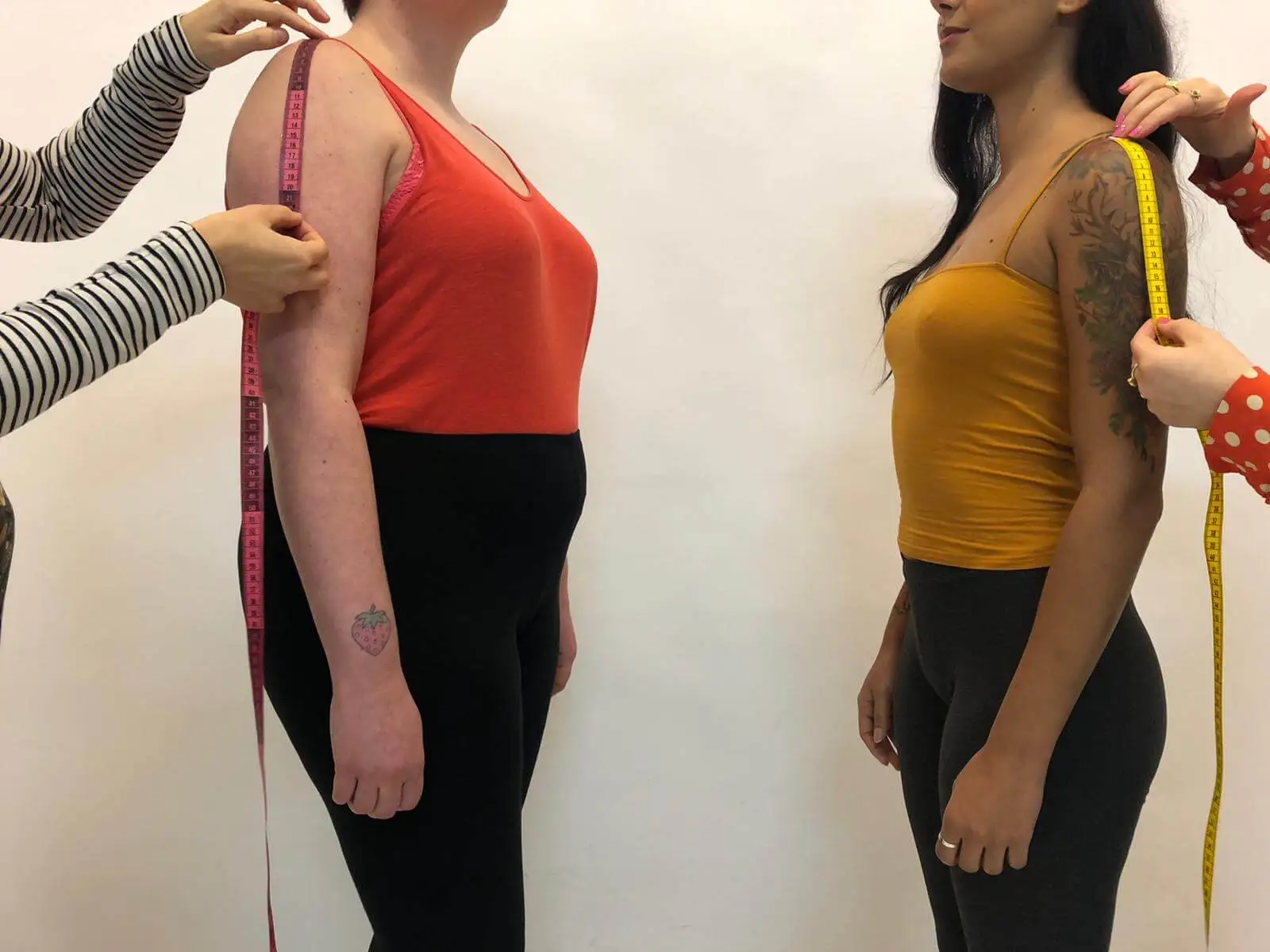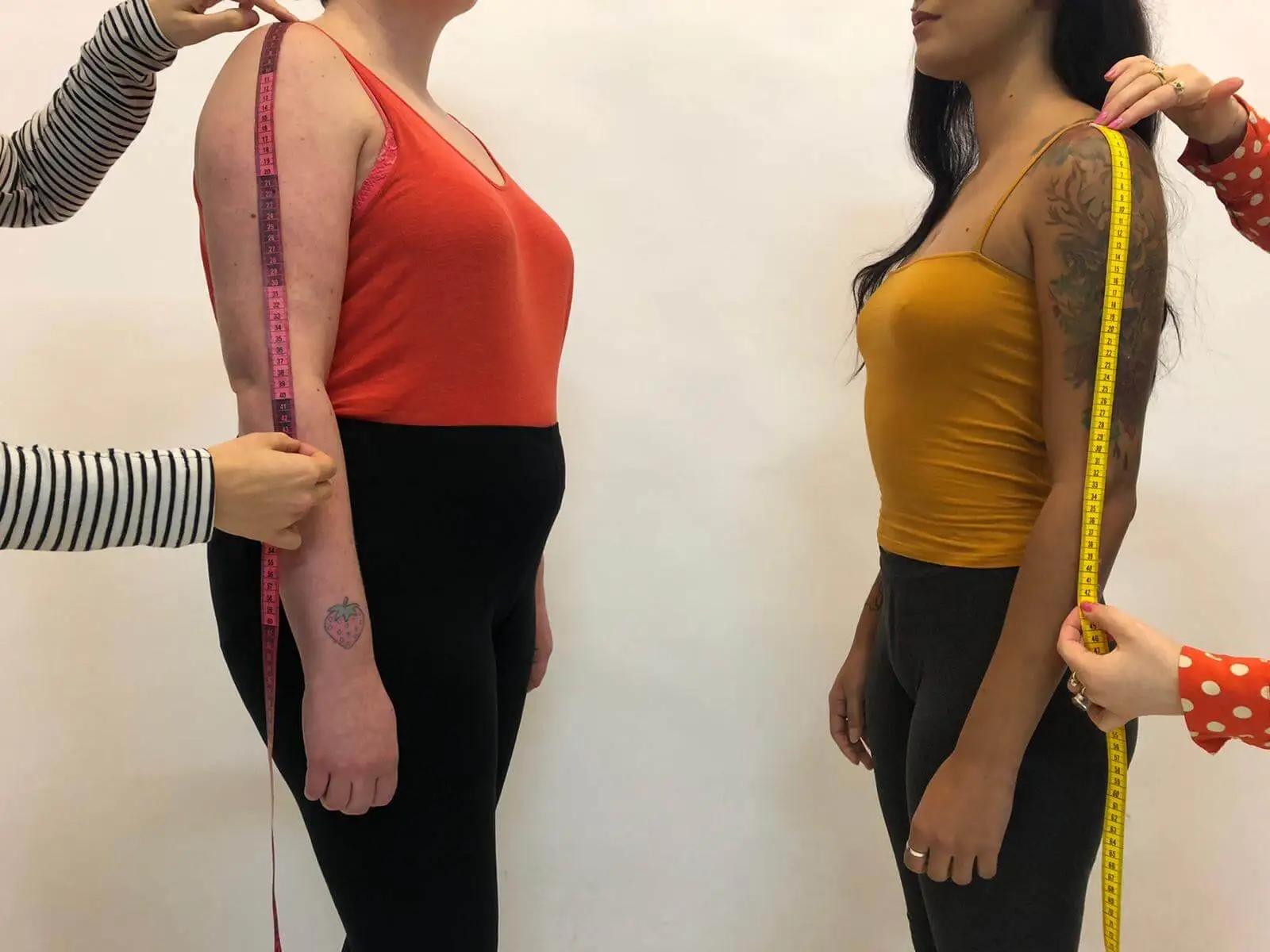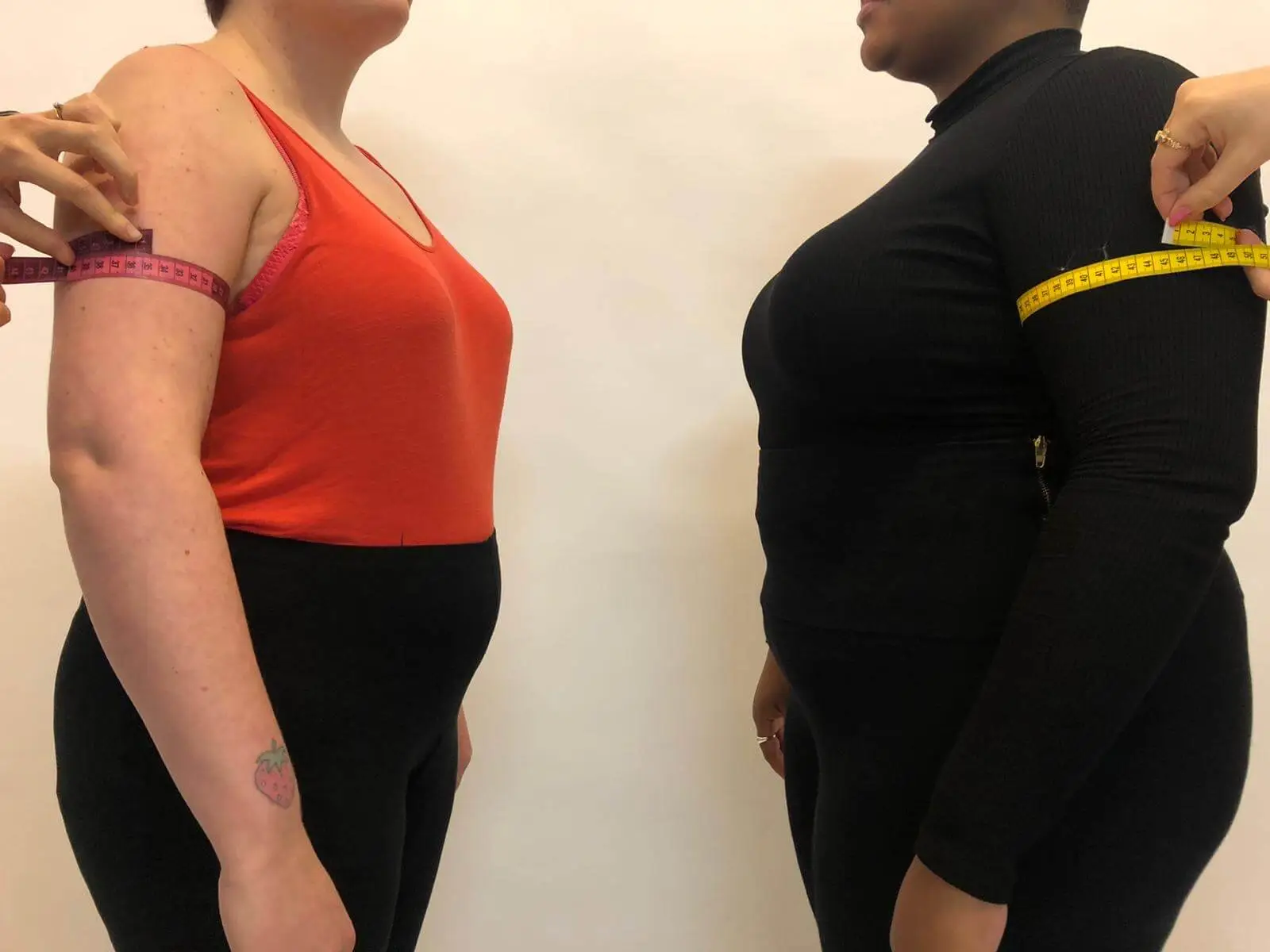SUSTAINABILITY & SMALL BUSINESS BLOG
Slow fashion terms + definitions

There are so many terms that have been co-opted in the sustainable fashion movement – I wanted to explore what these terms mean and what the differences are between them.
When the conversation around ‘sustainable fashion’ arises the terms ‘slow fashion’ and ‘ethical fashion’ are quick to follow. These terms can be confusing as they are often used in conjunction with one another. But whilst the words come under the same umbrella, they all have different meanings.
My understanding before I started educating myself on fashion consumerism as a whole, and moreover with sustainable fashion, was that all of the words meant the same thing.
This isn’t the case and it’s important to understand what each term means to get a better understanding of what is happening in sustainable fashion vs the fashion industry as a whole:
SUSTAINABLE FASHION
Sustainable fashion surrounds the sourcing of fabric and would be from eco friendly materials.
Brands that are sustainable will ensure that their clothing has a positive environmental effect such as ensuring that the fabrics sourced and used to make items of eco-friendly clothing using sustainably grown fibre crops or recycled materials for example.
Truly environmentally friendly clothing is very rare as there are so many factors involved but sustainable fashion brands always design with as many of these factors in mind as possible.
ETHICAL FASHION
Ethical fashion is more to do with the ethics of how people are treated within a brand. How the business is run behind closed doors, for example this could include issues of exploitation, working conditions and production. Ethical clothes can really only be produced via ethical working practices.
This also encompasses rates of pay within the industry such as paying a living wage which we’ve written about before.
SLOW FASHION
Slow fashion is the opposite of fast fashion, both in terms of production and consumption.
The production of clothing takes longer and the idea is that the clothing will be thoughtfully purchased and then worn for years and years; it goes against the idea of impulse purchasing.
GREENWASHING
Greenwashing was definitely a new term for me. I discovered what it was while having a conversation with Cecily surrounding the differences between sustainable, ethical and slow fashion when I first started working at Emperor’s.
Greenwashing is selling a narrative of being ‘slow’ or ‘sustainably sourced’ when in fact this is untrue and the practice the brand is using to create garments are in fact not slow, sustainable or ethical in the slightest.
This is most evidently used by large fast fashion brands when they include language like ‘sustainability’, ‘conscious’ or ‘slow’ in their marketing. Aja Barber discussed greenwashing on one of her instagram posts, we recommend you check it out.
WHAT IS OUR APPROACH HERE AT EMPEROR’S?
As a brand here at The Emperor’s Old Clothes we try to be both ethical and sustainable in our working practices to produce responsible clothing from every angle we can.
Sustainable fashion:
Here at Emperor’s our fabrics are all sustainable in that we don’t commission the production of new textiles, we only work with vintage and deadstock remnants. This means your Emperor’s sustainable dresses, for example, really are one of a kind! Unfortunately not all our haberdashery etc is sustainably sourced but we are always working hard to improve this – producing sustainable clothes is always a work in progress.
Ethical fashion:
As a brand we always try to centre the care and the needs of our team: this includes investing resources in a lovely working environment paying above the UK living wage as salaried work not paying-per-piece. This is sadly the industry standard making ethical clothing very rare.
Slow fashion:
We definitely put the slow into slow fashion here at Emperor’s! We are always trying to reduce our order lead time but it’s important to prioritise our team’s well-being and not to rush when we’re working on your one of a kind items of sustainable clothing so this takes a bit longer.
We hope that you found this useful, here are some more resources we recommend checking out:
Further reading / watching:
People to follow to learn more:
Dominique Drakeford Check out her podcast series ‘The Root’
Written by Nyome Nicholas-Williams, Marketing Assistant; edited by Cecily Blondel, Owner
